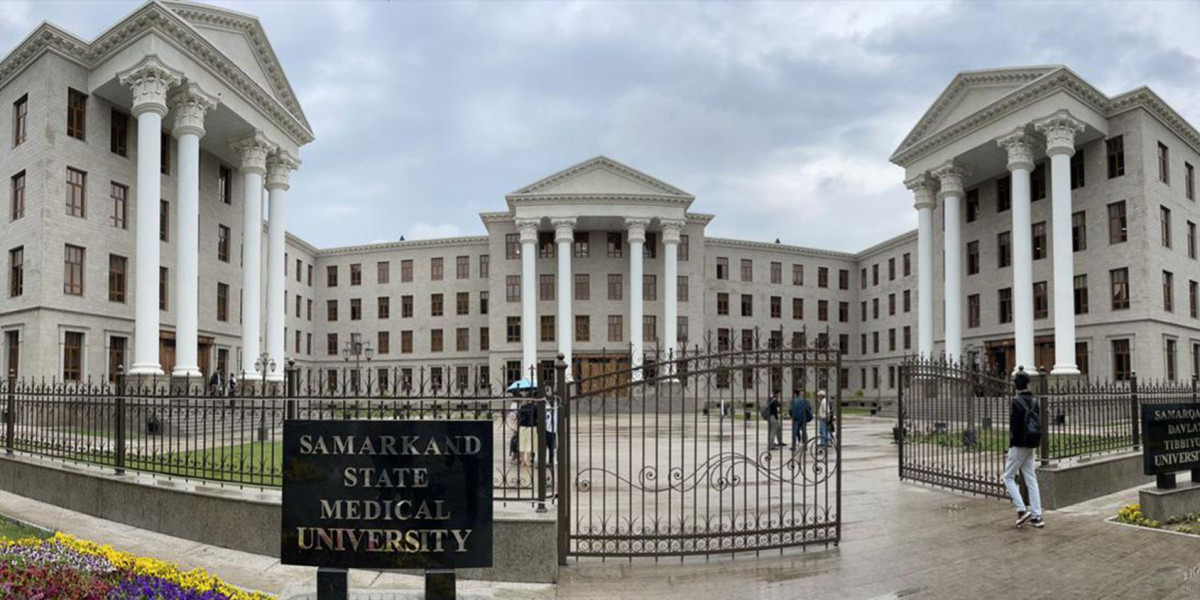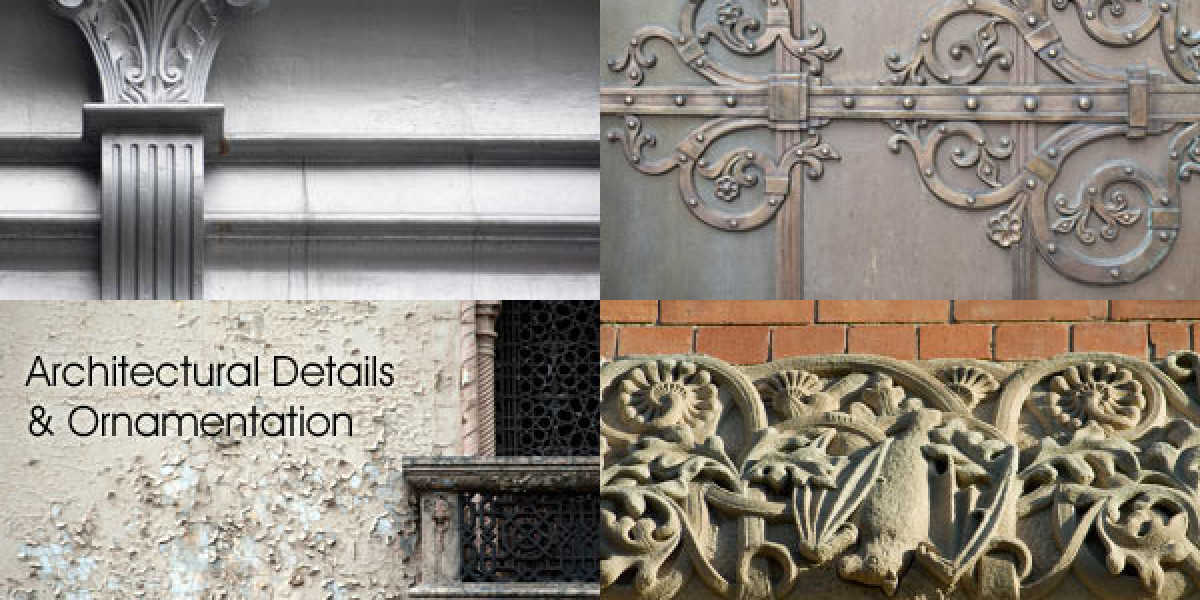Studying MBBS in Uzbekistan has become one of the most promising opportunities for Indian and international students seeking globally recognized, affordable, and high-quality medical education. Over the past few years, Uzbekistan has made tremendous progress in medical infrastructure, teaching methodology, and international accreditation, positioning itself as a serious contender among top MBBS destinations such as Russia, Ukraine, the Philippines, and Georgia. With an emphasis on English-medium instruction, globally standardized curriculum, and modern hospital training, Uzbekistan's medical universities are now gaining recognition from prestigious bodies such as the World Health Organization (WHO) and the World Directory of Medical Schools (WDOMS).
The Rise of Medical Education in Uzbekistan
Uzbekistan has emerged as an educational hub in Central Asia, with universities such as Tashkent Medical Academy, Samarkand State Medical University, and Bukhara State Medical Institute gaining strong global reputations. The country's government has invested heavily in the medical sector, ensuring that universities meet international benchmarks for curriculum design, infrastructure, and student support.
For Indian students, Uzbekistan presents a unique combination of affordability and accessibility. The total cost of completing an MBBS here is significantly lower than in private Indian medical colleges, while the standard of education remains consistently high. Additionally, Uzbekistan’s strong cultural connection, student-friendly policies, and English-taught programs have made it a preferred destination for thousands of Indian aspirants every year.
International Recognition and Accreditation
One of the key reasons for the growing popularity of MBBS in Uzbekistan is its global recognition. Most medical universities are:
Listed in WDOMS (World Directory of Medical Schools)
Recognized by the National Medical Commission (NMC) of India
Accredited by the Ministry of Higher Education, Uzbekistan
Approved by WHO and FAIMER
This recognition ensures that medical degrees earned in Uzbekistan are valid worldwide. Graduates from these institutions are eligible to appear for international medical licensing exams such as FMGE/NExT (India), USMLE (USA), PLAB (UK), and MCCQE (Canada).
Curriculum and Teaching Standards
The MBBS curriculum in Uzbekistan follows international frameworks modeled on European and American medical education systems. It blends theoretical study with hands-on clinical exposure to ensure students develop both academic knowledge and practical medical skills.
Key Features of the Curriculum
Duration: 6 years (5 years of academic study + 1-year internship)
Medium of Instruction: English
Subjects Covered: Anatomy, Physiology, Biochemistry, Pharmacology, Pathology, Microbiology, Medicine, Surgery, Pediatrics, Obstetrics & Gynecology, and Community Medicine
Assessment Pattern: Combination of written tests, oral examinations, and clinical evaluations
Clinical rotations start as early as the third year, giving students direct patient interaction under supervision. This exposure helps them develop confidence and competence in real hospital settings.
Modern Infrastructure and Technology
Uzbek medical universities are equipped with state-of-the-art facilities, including:
Smart classrooms with multimedia teaching tools
3D anatomy labs and virtual simulation systems
Modern hospitals attached to universities for clinical training
Digital libraries with access to global medical journals
Hostels with safe and comfortable accommodation for international students
The universities continuously upgrade their labs and research centers to match Western standards. Many institutions have also introduced AI-based diagnostic learning and simulation-based training modules, allowing students to experience real-life medical scenarios in controlled environments.
Faculty and Academic Support
The quality of teaching is one of the strongest aspects of MBBS in Uzbekistan. Faculty members include experienced doctors, surgeons, and Ph.D. scholars who have trained in Europe, the USA, and other leading medical countries. The student-to-teacher ratio is maintained at an optimal level to encourage individual attention and mentorship.
Additionally, universities conduct guest lectures and academic collaborations with international institutions. Regular seminars, conferences, and exchange programs give students a global perspective on healthcare trends, medical ethics, and technological advancements in medicine.
Cost of Education and Affordability
The affordability of medical education in Uzbekistan is one of its biggest advantages. Unlike the high tuition fees in Indian private medical colleges, MBBS programs here are budget-friendly.
| Expense Category | Annual Cost (INR) |
|---|---|
| Tuition Fees | ₹3.5 – ₹5 lakhs |
| Hostel Accommodation | ₹50,000 – ₹1 lakh |
| Food and Living | ₹80,000 – ₹1 lakh |
| Miscellaneous & Insurance | ₹30,000 – ₹50,000 |
| Total Annual Cost | ₹5 – ₹7 lakhs |
The total cost for a 6-year MBBS course generally ranges between ₹25–35 lakhs, making Uzbekistan an affordable yet high-quality choice for medical education abroad.
Eligibility and Admission Process for Indian Students
The admission process for Indian students is simple and transparent.
Eligibility Criteria
Minimum 50% marks in PCB (Physics, Chemistry, Biology) in Class 12.
NEET qualification (mandatory as per NMC guidelines).
Minimum 17 years of age by December 31 of the admission year.
Admission Process
Choose a WDOMS-listed university.
Submit your documents (10+2 mark sheets, NEET scorecard, passport, photographs).
Receive an offer letter and invitation letter from the university.
Apply for a student visa through the Uzbekistan Embassy.
Travel to Uzbekistan and complete the registration formalities.
The entire process typically takes 6–8 weeks, and most universities have two intakes — Spring (February–March) and Fall (September–October).
Clinical Exposure and Internship
Clinical exposure in Uzbekistan meets international standards, ensuring that students graduate with strong practical experience. Most universities have university-affiliated teaching hospitals with departments for Medicine, Surgery, Pediatrics, Obstetrics & Gynecology, Psychiatry, and Emergency Medicine.
From the third year, students actively participate in ward rounds, outpatient clinics, and minor procedures under supervision. The final year internship consolidates their training through full-time rotations across various specialties.
This early and extensive exposure helps students prepare effectively for real-world challenges and competitive exams such as FMGE/NExT.
Life and Environment in Uzbekistan
Uzbekistan offers a friendly, safe, and multicultural environment for international students. The people are warm and welcoming, and the country maintains strong diplomatic and educational ties with India. The medium of interaction is largely English, although students can also learn basic Uzbek or Russian for clinical communication.
The cost of living is low, and most universities provide hostel facilities with Indian food options. Students also enjoy cultural familiarity, similar climate conditions, and modern amenities such as reliable transport, healthcare, and recreational options.
Cities like Tashkent, Bukhara, and Samarkand are not only educational centers but also vibrant cultural hubs with rich history and comfortable living standards.
Career Opportunities After MBBS in Uzbekistan
Graduates from Uzbekistan's recognized universities enjoy broad career options:
Practice in India after passing FMGE or NExT.
Pursue postgraduate studies in India, USA, UK, or other countries.
Apply for residency programs abroad such as USMLE (USA) or PLAB (UK).
Work in global healthcare organizations or NGOs as medical consultants or researchers.
The high level of clinical exposure and English-language instruction give Uzbek graduates an advantage when appearing for international licensing exams.
Final Thoughts
Uzbekistan's rapid development in medical education proves that its universities are truly on par with global standards. From globally recognized degrees and English-medium programs to advanced hospital infrastructure and affordable costs, the country provides an ideal balance of quality and value. The growing success rate of Indian graduates in licensing exams like FMGE and NExT further validates Uzbekistan's academic excellence.
For students seeking a recognized, affordable, and high-standard medical education abroad, Studying MBBS in Uzbekistan is a smart, future-ready decision — offering not just a degree, but a world-class foundation for a global medical career.








